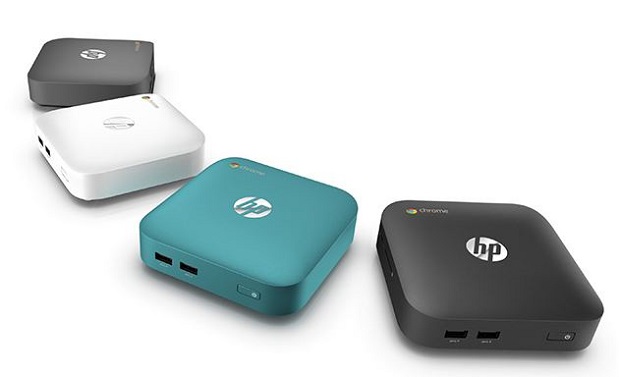Chrome OS devices can now act as programmable Bluetooth LE beacons


Business that use Chrome OS for signage and single-purpose kiosks can tap into new trick: Turning those devices into Bluetooth LE beacons to shoot web addresses to nearby potential customers.
Google's Francois Beaufort notes that the feature is currently available in the Chrome OS Developer Channel for now, so it's not quite ready for prime time. It is a good time to experiment with beacons though.
Featured
To do so on the Developer Channel you either need to have Chrome OS in Kiosk Mode -- a way to limit users to your specific app -- or enable the feature outside of Kiosk Mode by turning on the chrome://flags/#enable-ble-advertising-in-apps flag in the browser.
Once that's done, you can start pushing URLs to nearby smartphones and tablets using the Eddystone-URL method which supports four different URL prefixes including two for secure sites. Your app can also control the Bluetooth radio TX power level, which lets you focus the beacon information on a specific range. Google has already created a demo beacon application for testing if you don't want to enable your own app.
Since nearly every recent Chromebook and Chromebox I can think of has a Bluetooth radio inside it, the potential to turn each of these in to a Bluetooth LE beacon is clever. Retailers are using low-cost Chrome OS devices for specific purposes such as powering signs, taking reservations, showing menus and more.
While not every smartphone or tablet passing by these devices have their Bluetooth radios turned on, some surely will. And when they pass by, that's a business opportunity to get more foot traffic in the door or pass along a special offer.
Some won't want to be "bombarded" by what's essentially physically targeted advertising, of course. That means people will either be turning off their Bluetooth radios or perhaps we'll see a mad rush for beacon-blocking apps in the near future.